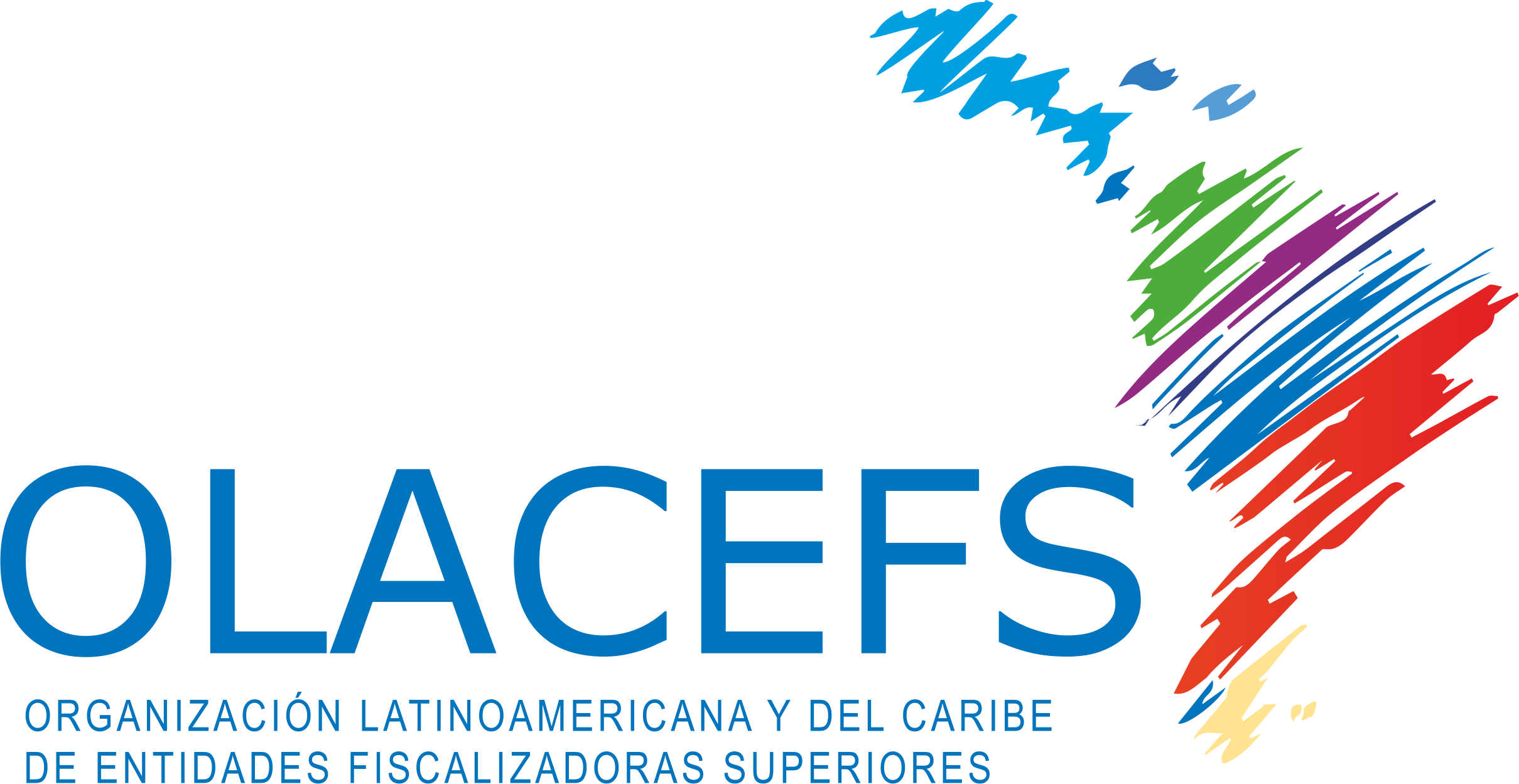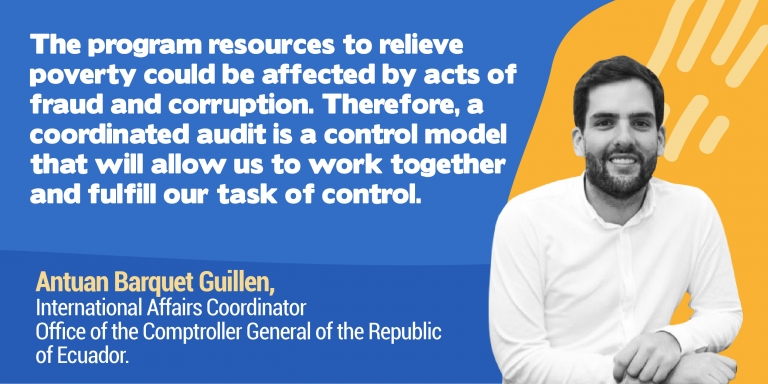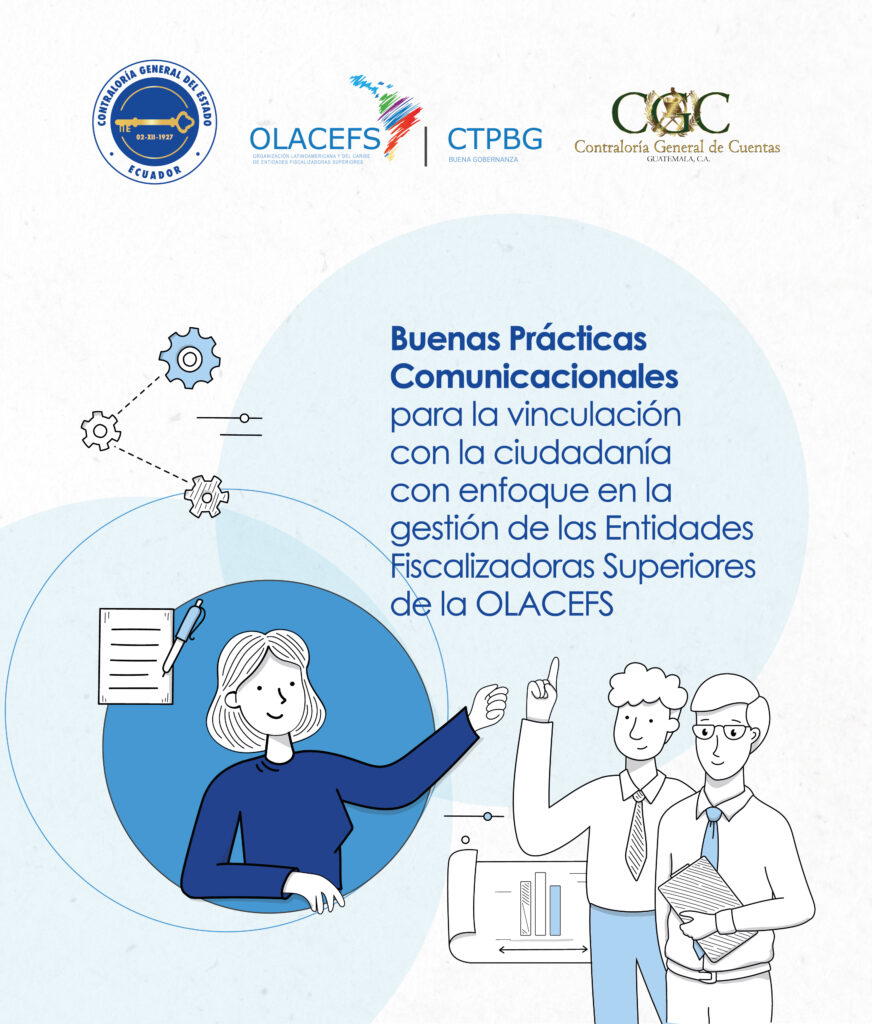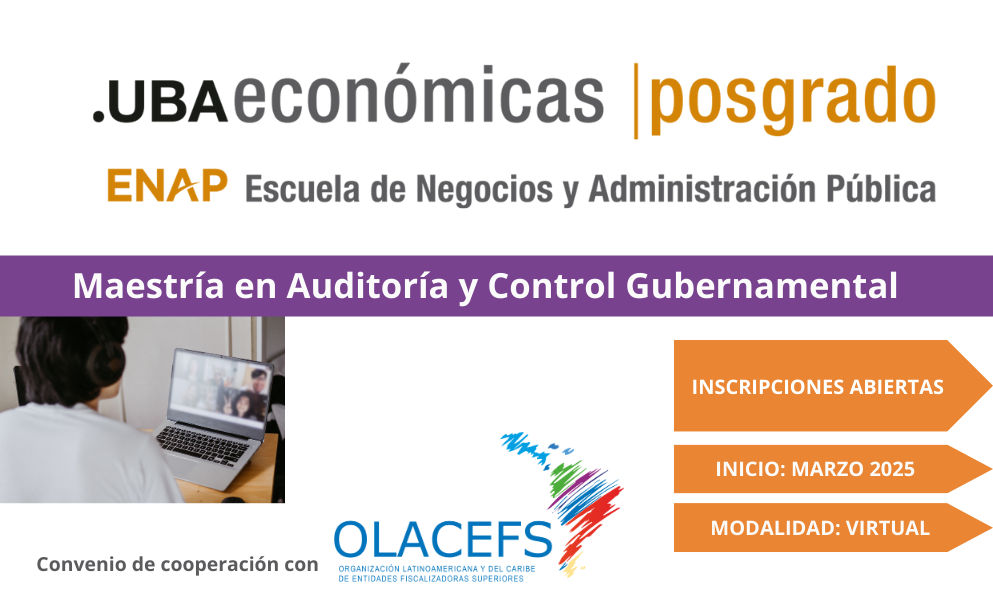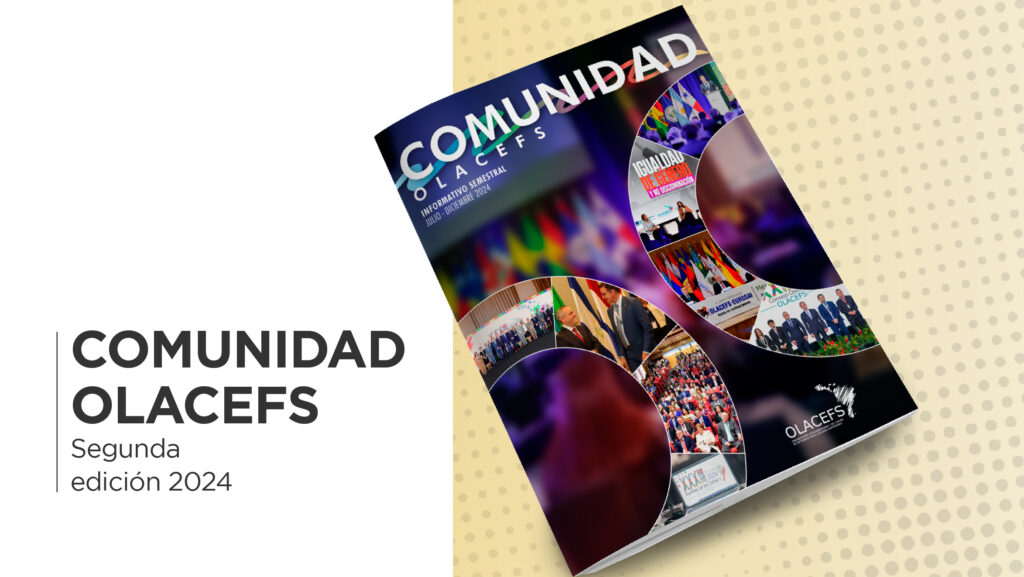Antuan Barquet Guillen
National Coordinator of International Affairs
Office of the Comptroller General of the Republic of Ecuador
Chair of the Working Group Specialized in the Fight against Transnational Corruption (GTCT) of the OLACEFS
The health crisis caused by covid-19 has forced governments around the world to generate agile solutions to mitigate the economic effects of containment measures on the most vulnerable sectors of society.
In the case of Latin America and the Caribbean, the implementation of this aid has been fundamental since the pandemic arises at a time of economic decline. Within this framework, the Governments of the region have mainly promoted: monetary transfers, transfers in kind, exemption from payment of basic services, tax relief, among other mechanisms (ECLAC, 2020). Although the prompt issuance of these policies is key to the survival of people living in poverty, this in turn means relaxing certain administrative controls, which is why the Supreme Audit Institutions must look even more closely at the potential vulnerabilities to the integrity of such rescue packages.
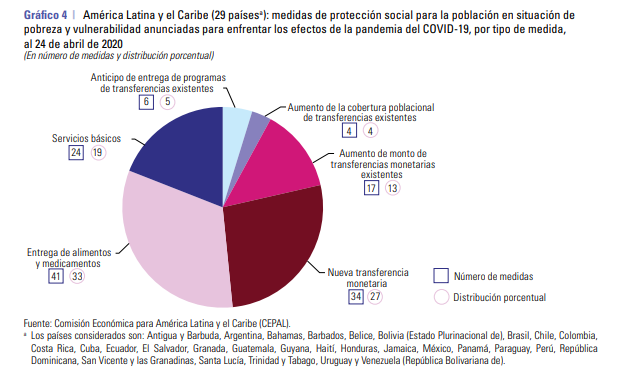
International institutions such as the Organization for Cooperation and Development (OECD) and the United Nations Office on Drugs and Crime (UNODC) have produced important publications emphasizing controls to ensure that economic aid programs are carried out smoothly. In the case of the OECD, the article entitled “Public Integrity for an Effective Response and Recovery of COVID-19” suggests measures of immediate application such as ensuring that external and internal audit offices have the necessary financial resources and functions to contribute to the control of expenses during the crisis (OECD, 2020). On the other hand, it is mentioned that, in the long term, SAIs could: “(…) support government centers and other public organizations, identify and interpret evidence that allows policymaking and improves current government capacity in real time in the face of various problems and risks” (OECD, 2020, p. 8).
In addition to agreeing with the relevance of monitoring these programs, UNODC (2020), in its article “Accountability and prevention of corruption in the procurement and distribution of economic rescue packages during and after COVID-19,” recommends that public institutions have clear objectives and transparency criteria to identify beneficiaries, consider risks in beneficiary segmentation, foresee channels of communication to reach beneficiaries and to use technology to facilitate disbursements. Verification of these criteria may be relevant to the audits carried out by the control bodies.
With this in mind, the Office of the Comptroller General of the Republic of Ecuador, as Chair of the Working Group Specialized in the Fight against Transnational Corruption, has incorporated, into 2020 operational planning, a coordinated audit of economic aid programs in the region within the framework of COVID-19. This audit will, in turn, take a cross-cutting look at the 2030 Agenda, contemplating Development Goals 1 “No Poverty, and 16 “Peace, Justice and Strong Institutions.” This will take into account that, as has been mentioned, the resources of poverty alleviation programs could be affected by acts of fraud and corruption.
Within this framework, initiatives such as coordinated audits have previously demonstrated the added value of auditing, not only by identifying control violations, but also by presenting good practices in the management of public resources. Likewise, they allow for the exchange of experiences and methodologies, positively impacting government control.
Note: The GTCT was created in April 2019 in the OLACEFS as a way to address the transnational dimension of corruption, from the mandate of the SAIs.
About the Author
Antuan Barquet Guillen is a Graduate of Political Sciences and International Relations from Universidad Casa Grande, Guayaquil – Ecuador. Specialist in International Cooperation, Projects, Programs and Public Policies by the Ortega and Gasset Institute. Since September 2015, he has served as National Coordinator of International Affairs of the Comptroller General of the Republic of Ecuador.
